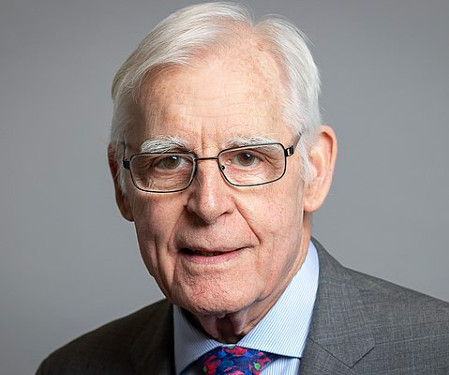The Victoria Climbié Inquiry chair reflects on social work, 21 years on
Community Care
APRIL 11, 2024
Our interview with Lord Herbert Laming is part of a new series of profiles of key figures who have shaped social work over the past five decades, to celebrate Community Care’s 50th anniversary. Looking back now, Laming says poor communication between services was the catalyst behind their failure to save Victoria.












Let's personalize your content